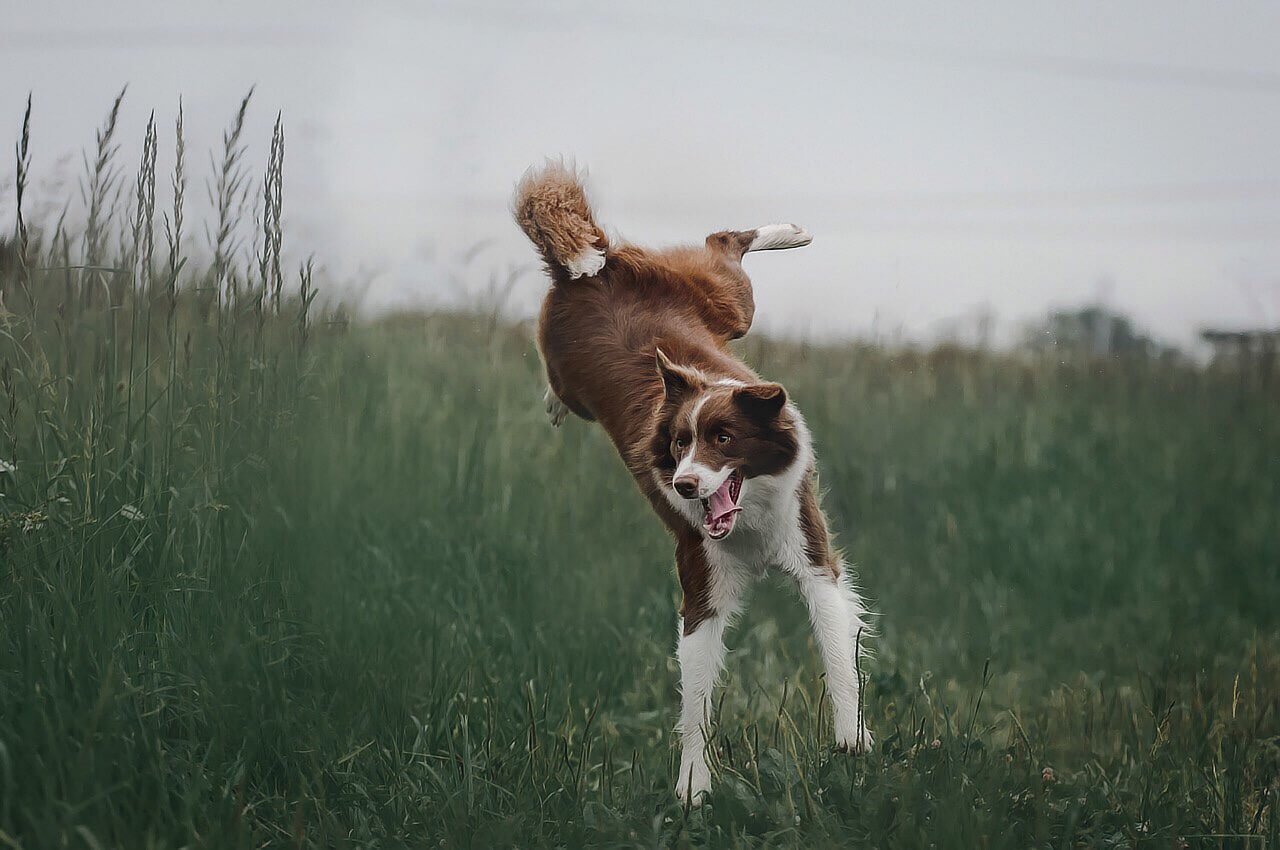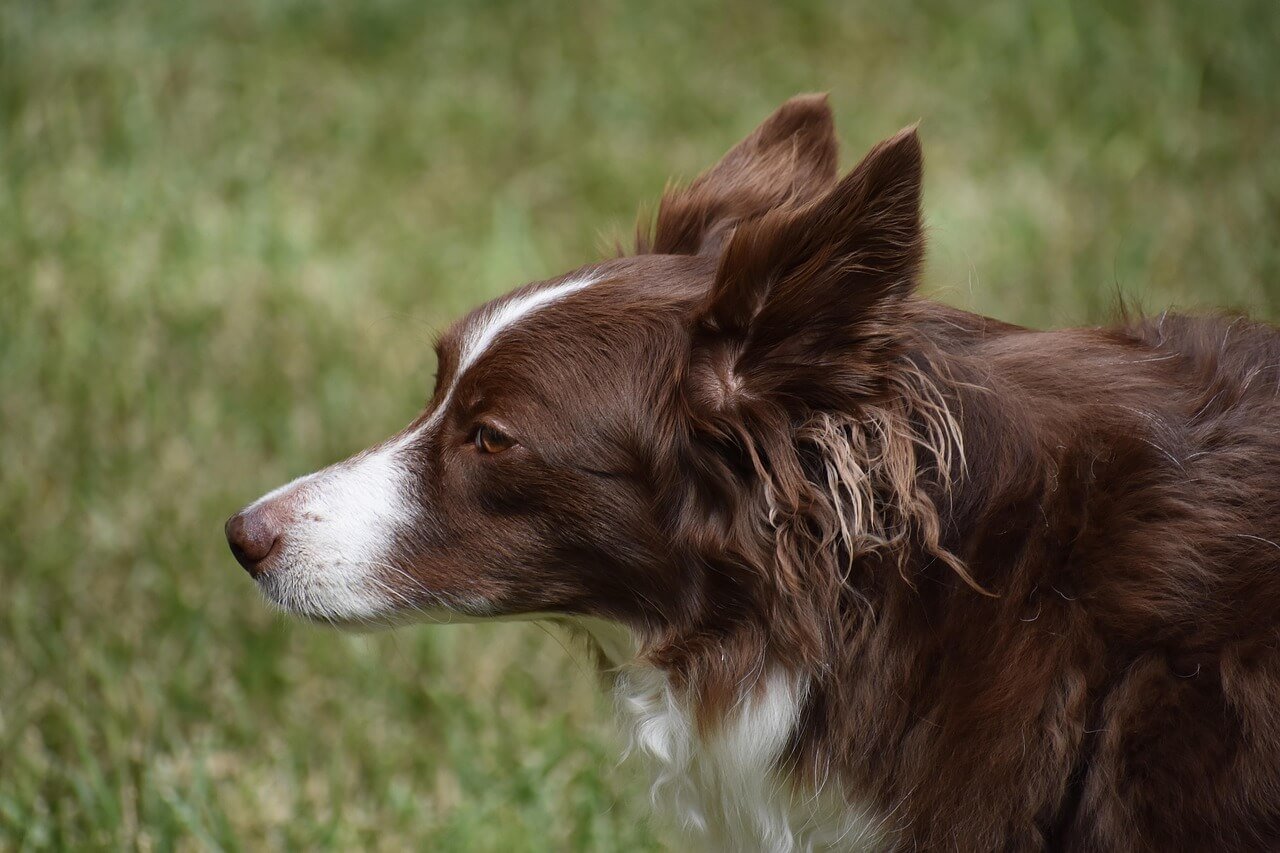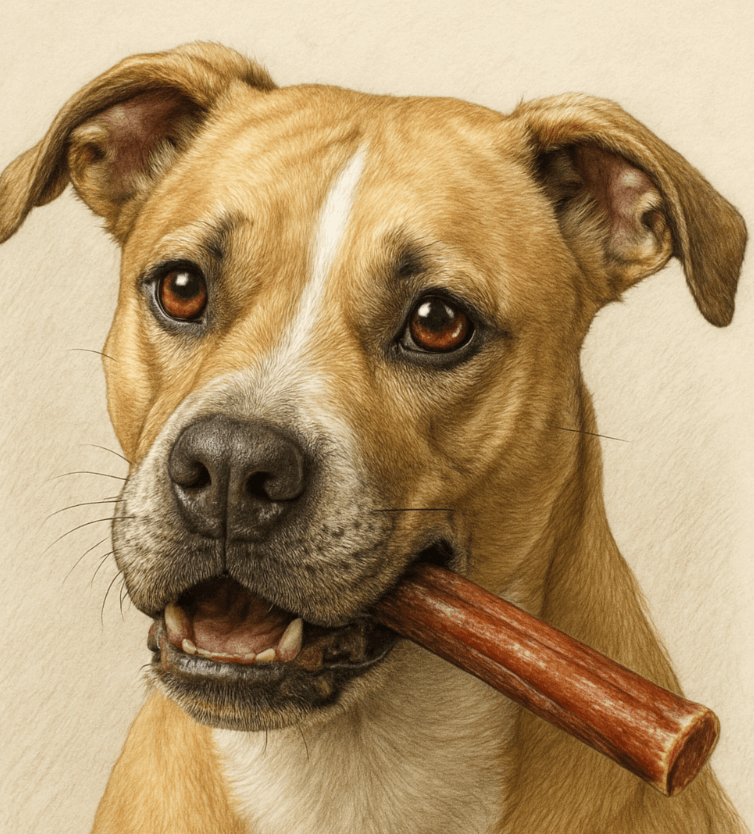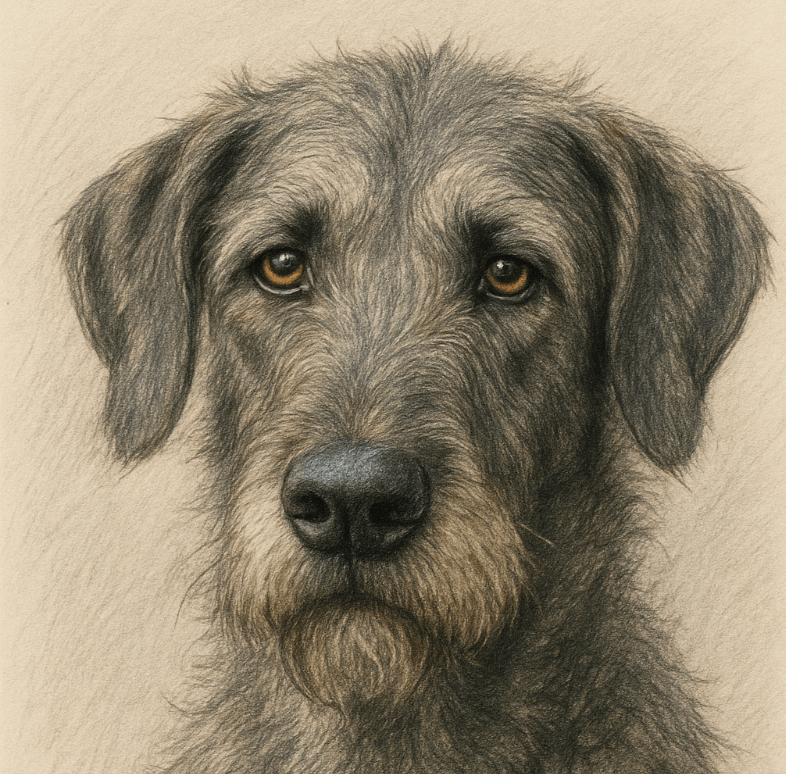Best Dogs for Chickens: Finding the Perfect Farm Companion
If you’re a chicken owner looking for a loyal and protective companion to keep your flock safe, choosing the right dog breed is essential. Not all dogs are suited for life on a farm or in a backyard with chickens, but some breeds excel at coexisting peacefully with these feathered friends. The best dogs for chickens are those that are gentle, trainable, and naturally inclined to protect rather than chase. In this blog post, we’ll explore the top dog breeds that make excellent guardians and companions for your chickens, ensuring harmony between your pets.
Top Dog Breeds That Get Along Well with Chickens
When it comes to finding a dog that can live harmoniously with chickens, certain breeds stand out for their calm demeanor and protective instincts. Here are some of the best dog breeds for chickens, known for their ability to coexist peacefully.
Livestock Guardian Dogs (e.g., Great Pyrenees):
These dogs are bred to protect livestock and are naturally gentle with smaller animals like chickens.Border Collie:
Known for their intelligence and herding skills, Border Collies can be trained to respect chickens while keeping them safe.Bernese Mountain Dog:
With their calm and friendly nature, Bernese Mountain Dogs are great companions for chickens and other farm animals.Irish Setter:
This breed is known for its playful yet gentle personality, making it a good fit for families with chickens.Australian Shepherd:
While energetic, Australian Shepherds can be trained to interact safely with chickens and help herd them if needed.
These breeds demonstrate that the best dogs for chickens are those that combine gentleness, trainability, and a natural instinct to protect. With the right training and socialization, these dogs can become invaluable members of your farm or backyard.
Why Training Is Key for Dogs Around Chickens
Even the best dog breeds for chickens need proper training to ensure they behave appropriately around your flock. Dogs are naturally curious, and without guidance, they may see chickens as prey or playmates. Here’s why training is crucial and how to approach it.
Early Socialization:
Introduce your dog to chickens at a young age to help them understand that chickens are part of the family.Positive Reinforcement:
Reward your dog for calm and respectful behavior around chickens to reinforce good habits.Supervised Interactions:
Always supervise initial interactions between your dog and chickens to prevent accidents or misunderstandings.Teaching Commands:
Train your dog to respond to commands like “leave it” or “stay” to maintain control during chicken encounters.Consistency Is Key:
Regularly practice training exercises to ensure your dog remains well-behaved around chickens over time.
Training your dog to interact safely with chickens not only protects your flock but also strengthens the bond between your dog and your family. A well-trained dog is a reliable guardian and companion.
Check this guide 👉The Largest Livestock Guardian Dog Breeds: Best 7 Tips!
Check this guide 👉Livestock Guardian Dog: Best 7 Training Tips for Success!
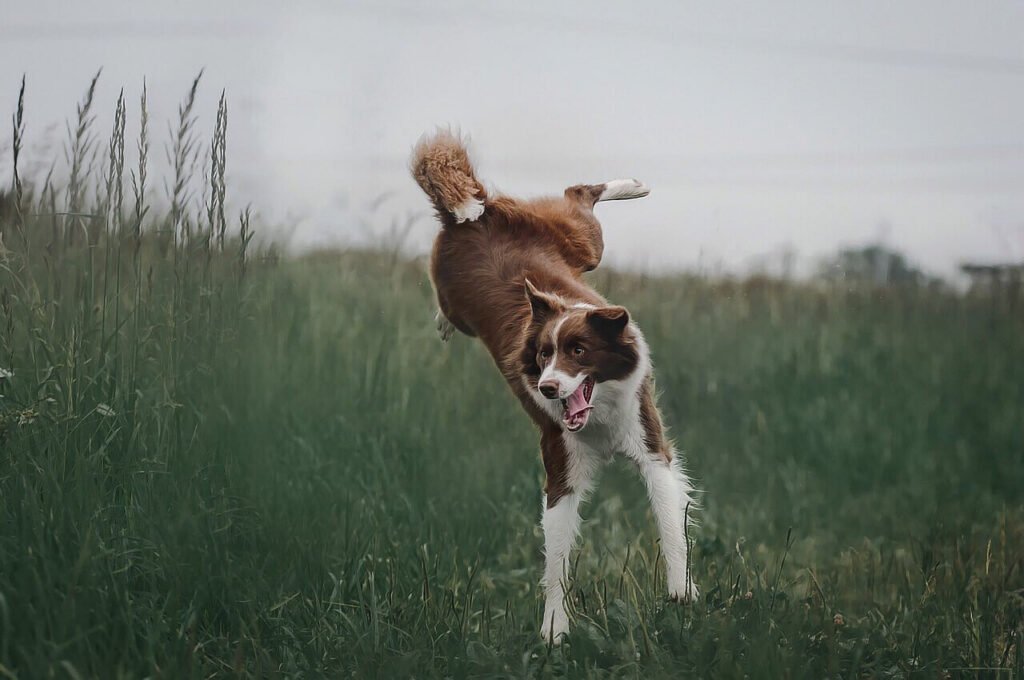
Dog Breeds | Key Traits for Chickens |
|---|---|
Great Pyrenees | Protective, calm, gentle |
Border Collie | Intelligent, trainable, alert |
Bernese Mountain Dog | Friendly, patient, strong |
Irish Setter | Energetic, playful, gentle |
Australian Shepherd | Loyal, active, obedient |
How to Introduce Your Dog to Chickens Safely
Introducing your dog to chickens requires patience and careful planning. A positive first meeting sets the tone for their future relationship. Here’s how to ensure a smooth introduction.
Start with Leash Control:
Keep your dog on a leash during the first few meetings to maintain control and prevent chasing.Choose a Neutral Location:
Introduce your dog to chickens in a neutral area where neither feels territorial.Observe Body Language:
Watch your dog’s body language closely for signs of aggression or excitement, and intervene if necessary.Reward Calm Behavior:
Offer treats and praise when your dog remains calm and focused around chickens.Gradual Exposure:
Increase the amount of time your dog spends around chickens gradually to build trust and familiarity.
A well-planned introduction helps your dog and chickens form a peaceful and respectful relationship. Patience and consistency are key to success.
Signs Your Dog Is Ready to Be Around Chickens
Before allowing your dog unsupervised access to your chickens, it’s important to ensure they’ve developed the right behaviors and attitudes. Here are some signs that your dog is ready.
Calm Demeanor:
Your dog remains relaxed and unfazed when chickens are nearby.No Chasing Instincts:
Your dog shows no interest in chasing or playing roughly with chickens.Obedient to Commands:
Your dog consistently follows commands like “stay” or “leave it” even in the presence of chickens.Gentle Curiosity:
Your dog approaches chickens calmly and sniffs them gently without being overly excited.Protective Behavior:
Your dog demonstrates an instinct to guard the chickens from potential threats.
These signs indicate that your dog has developed the maturity and self-control needed to coexist safely with chickens. Trust your instincts and continue reinforcing positive behaviors.
Benefits of Having a Dog Around Chickens
Having a dog around chickens offers numerous advantages beyond protection. Here are some benefits of this unique companionship.
Natural Predator Deterrent:
Dogs can scare away predators like foxes, raccoons, and hawks, keeping your chickens safe.Companionship for Owners:
A dog adds joy and loyalty to your daily routine, enhancing your overall farming experience.Improved Flock Management:
Herding breeds can help guide chickens back to their coop or designated areas.Alert System:
Dogs often bark to warn of intruders or unusual activity near the chicken coop.Emotional Bonding:
Watching your dog and chickens interact peacefully fosters a sense of harmony and satisfaction.
These benefits highlight how dogs can enhance both the safety and enjoyment of raising chickens.
Common Mistakes to Avoid When Introducing Dogs to Chickens
Mistakes during the introduction process can lead to stress or conflict between your dog and chickens. Here’s what to avoid.
Skipping Training:
Failing to train your dog properly increases the risk of unwanted behaviors like chasing or biting.Rushing the Process:
Moving too quickly can overwhelm both your dog and chickens, leading to negative associations.Leaving Them Unsupervised Too Soon:
Allowing unsupervised interactions before trust is established can result in accidents.Ignoring Warning Signs:
Overlooking signs of aggression or excitement can escalate into dangerous situations.Using Punishment Instead of Rewards:
Punishing your dog for mistakes can create fear and confusion, hindering progress.
Avoiding these common pitfalls ensures a smoother transition and a stronger bond between your dog and chickens.
Fun Activities to Do with Your Dog and Chickens
Engaging in fun activities with your dog and chickens can strengthen their relationship and provide entertainment for everyone involved. Here are some ideas.
Herding Practice:
Teach herding breeds to gently guide chickens back to their coop using verbal commands.Fetch Near the Coop:
Play fetch in the vicinity of the chickens to help your dog associate positive experiences with their presence.Daily Walks Together:
Take your dog on walks near the chicken coop to reinforce familiarity and comfort.Treat Time:
Reward both your dog and chickens with treats during shared moments to build positive associations.Observation Sessions:
Spend quiet time observing your dog and chickens interacting, noting improvements and celebrating milestones.
These activities foster a sense of teamwork and connection, making life with dogs and chickens even more enjoyable.
Frequently Asked Questions About Dogs and Chickens
Can any dog breed live with chickens?
While some breeds are better suited than others, most dogs can learn to coexist with chickens through proper training and socialization.
How do I stop my dog from chasing chickens?
Use positive reinforcement to reward calm behavior and redirect their energy toward appropriate activities.
Are puppies too young to be around chickens?
Puppies can be introduced to chickens, but close supervision is essential to prevent accidental harm.
What should I do if my dog shows aggression toward chickens?
Address the behavior immediately by separating the dog and consulting a professional trainer if needed.
How long does it take for a dog to get used to chickens?
It varies depending on the dog’s temperament and training, but consistent exposure over weeks or months is usually required.
The Perfect Partnership: Dogs and Chickens Living in Harmony
Choosing the best dogs for chickens is about more than just picking a breed—it’s about building a partnership based on trust, training, and mutual respect. With the right preparation and care, dogs can become invaluable guardians and companions for your flock, ensuring safety and peace of mind. Whether you opt for a gentle giant like the Great Pyrenees or an intelligent herder like the Border Collie, the bond between your dog and chickens can enrich your farm or backyard life in countless ways. Embrace the journey of creating a harmonious environment where both species thrive together.
Understanding Acantholytic Cells in Dogs: Best 7 Tips! Learn about acantholytic cells, their role in skin conditions, and how to manage them effectively for your dog’s health.
Best Dogs for Chickens: Best 7 Expert Tips! Discover the top dog breeds and expert advice for keeping chickens safe. Learn how to build a harmonious farmyard team today!
Can a Bully Stick Make a Dog Sick? Best 7 Expert Tips! Discover risks, benefits, and expert advice to keep your dog safe while enjoying bully sticks.
Great Dane Irish Wolfhound Mix: Best 7 Expert Tips! Discover essential advice on care, temperament, and health for this majestic hybrid. Perfect for dog lovers seeking a gentle giant!

